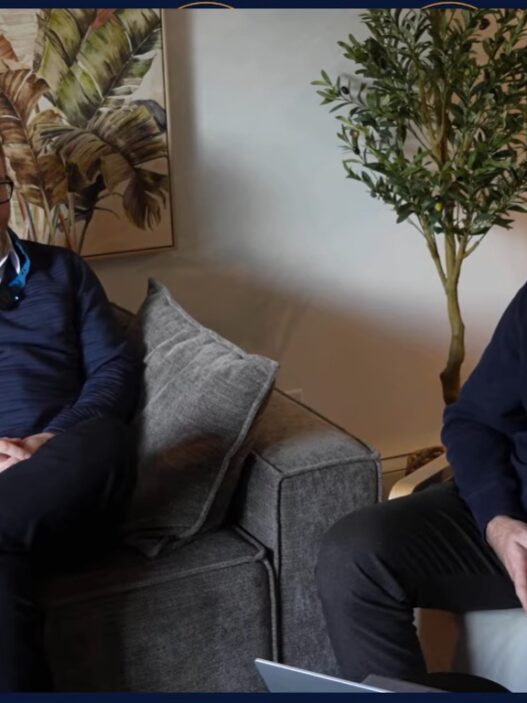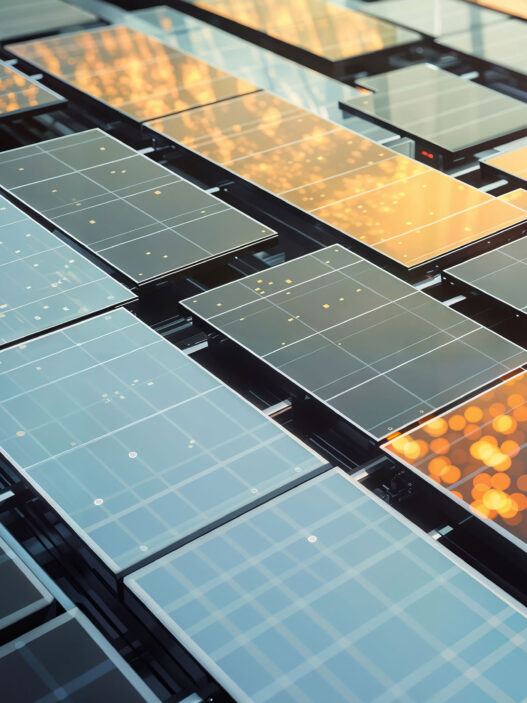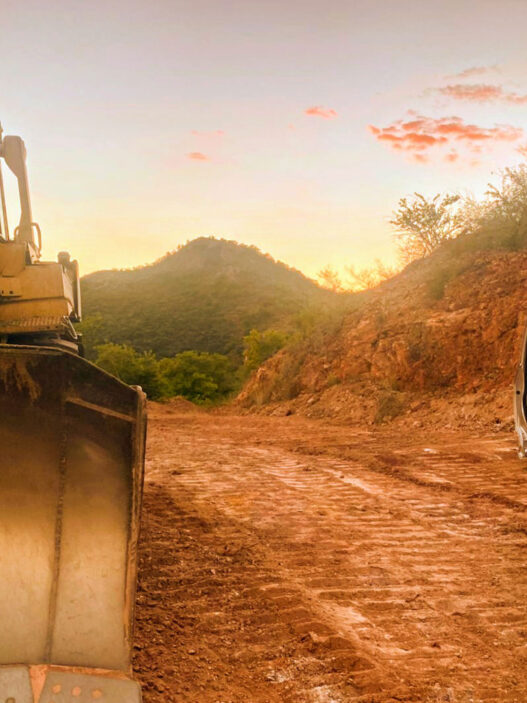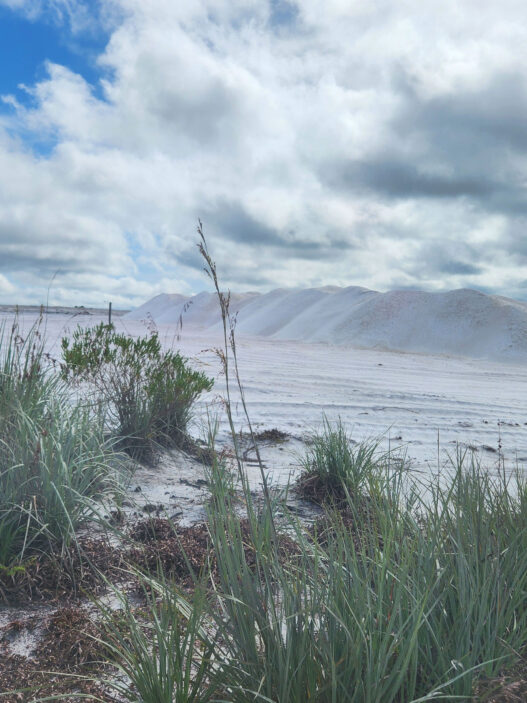You are currently viewing a placeholder content from YouTube. To access the actual content, click the button below. Please note that doing so will share data with third-party providers.
More InformationAccording to InvestorNews on YouTube:
October 3, 2025 — Brazil may well be the new frontier in the global chess match for critical minerals, and Brian Leeners, CEO and Director of Homerun Resources Inc. (TSXV: HMR | OTCQB: HMRFF), is determined to ensure his company plays a decisive role.
“It’s a pretty good chess match,” he said of the evolving relationship between Brazil and the United States. “On one side, you have a fairly aggressive player. On the other side, I think you have a very strategic player.” Pointing to President Lula’s background as a union negotiator under Brazil’s dictatorship, Leeners added, “You can understand how delicate you need to be in how you progress your position.” Yet, he is confident that “Brazil is far too important in the critical material supply space outside of China for America not to embrace it as a strategic supply center.”
Homerun Resources is advancing its position as a frontrunner in Brazil with an ambitious buildout anchored in silica. “We’ve been in the planning process for the better part of two and a half years,” Leeners explained. “There were three key figures in that idea—we put the team together, the assets together, and we’ve been moving through the planning phase.” Now in the Bankable Feasibility Study stage, he describes the company’s position as transformative: “When those are done, we’ll have that third-party validation of the business model. In the mining industry, that’s the moment of transition—when you go from being another company that’s not in production to a company headed toward production.” Investors are taking notice. “We’re starting to get a lot of attention from sophisticated institutional, high-net-worth, and family office investors,” he said, adding that on the Lassonde curve, “we’re now through the planning phase and moving into the development phase, which is pre-cash flow. That’s where you get the biggest bang for your buck.”
Diversification is central to Homerun’s strategy. “We’ve put together a diversified business model relative to our core competency, which is silica,” Leeners said. On the industrial-grade side, Homerun is already delivering samples and moving down the pipeline toward customers. At the same time, the company is nearing completion of its capex BFS for a high-purity processing plant. “Once complete, we’ll build that plant next year and get into production.” Beyond silica, Homerun is also making strides in energy storage. “We are very close to revenue—potentially later this year or early next year. We’re in the licensing and commercialization stage with the U.S. Department of Energy on our energy storage side.”
True to his tech background, Leeners emphasized disruption. “You need to apply that mindset across the business model,” he said. Homerun is advancing what he calls a “traditional industrial vertical integration model” in Brazil, something he argues is less feasible in the developed world due to higher costs. “We’re developing a company that’s quite unique compared to the usual competitive space,” he noted. That uniqueness extends to capital markets, with the company preparing to list on the London Stock Exchange to broaden its investor base.
Silica, however, remains at the center of everything Homerun does. “Solar is silica—or silica is solar,” Leeners declared. “If you break down a solar panel, it has two main components: the glass and the silicon. Both are produced from silica. Remove silica, and you’re left with useless materials.” He points to solar glass as a particularly attractive market: “It’s the only flatline price point in the solar space over the past decade. Everything else except silver has gotten cheaper, but solar glass has maintained its price.”
Recent moves underscore this focus. In September, Homerun announced an updated offtake agreement with Brasil Fotovoltaico Ltda. to supply a minimum annual volume of 180,000 tonnes of solar glass from its Belmonte, Bahia facility. The agreement, priced at USD $750 per tonne FOB, brings the company’s announced offtakes to 300,000 tonnes annually, with discussions ongoing to push that to 450,000 tonnes—exceeding the modeled capacity of its 1,000-tonne-per-day plant. “This updated offtake agreement aligns with the plan to have the full initial capacity of the Homerun solar glass plant covered by offtake agreements with Brazilian operators,” said COO Armando Farhate.
Contact
Rockstone News & Research
Stephan Bogner (Dipl. Kfm., FH)
Müligässli 1, 8598 Bottighofen
Switzerland
Phone: +41-71-5896911
Email: info@rockstone-news.com
Rockstone Disclaimer: This publication and the video interview contain forward-looking information or forward-looking statements (collectively “forward-looking information”) within the meaning of applicable securities laws. Forward-looking information is typically identified by words such as: “believe”, “expect”, “anticipate”, “intend”, “estimate”, “potentially” and similar expressions, or are those, which, by their nature, refer to future events. Rockstone and Homerun Resources Inc. caution investors that any forward-looking information provided herein is not a guarantee of future results or performance, and that actual results may differ materially from those in forward-looking information as a result of various factors. The reader is referred to Homerun Resources Inc.´s public filings for a more complete discussion of such risk factors and their potential effects which may be accessed through its profile on SEDAR at www.sedar.com. Please note that fundamental risks and conflicts of interest exist. The author, Stephan Bogner, owns an equity position in Homerun Resources Inc. and thus will profit from volume and price appreciation of this stock. The author was paid by Homerun Resources Inc. for the preparation, publication, and distribution of this article. The cover picture has been obtained and licenced from Shutterstock.com.
















